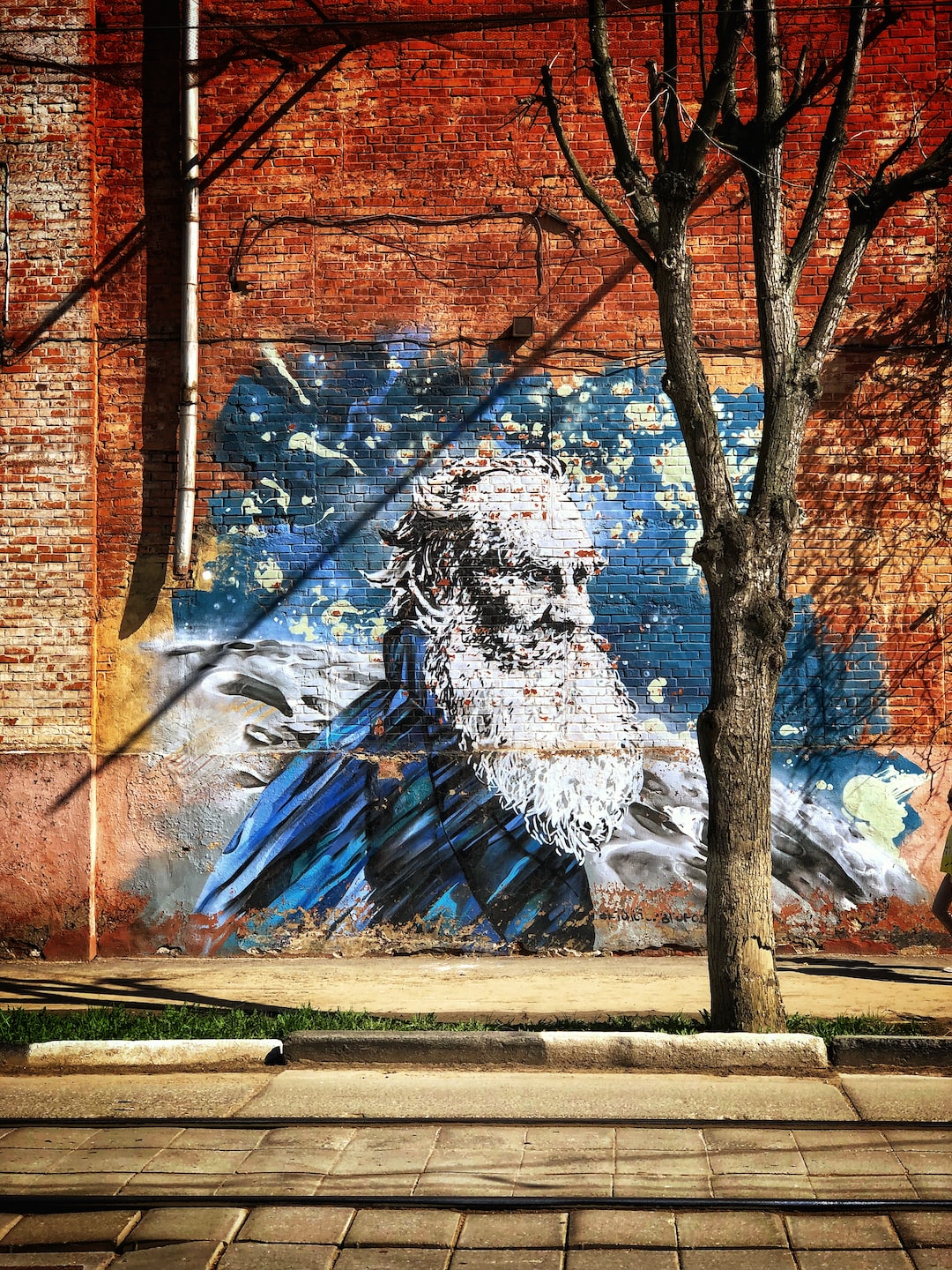Quill and Quirks: Unearthing the Weird and Witty in Literary History
by admin · Published · Updated

As an Amazon Associate I earn from qualifying purchases.
Books and writing have played a pivotal role in shaping human civilization, but the journey of literature is not always a serious affair. Delve into the annals of history, and you’ll discover a trove of peculiar and amusing anecdotes related to books, writing, and the literary greats. From bizarre writing habits to peculiar obsessions, let’s embark on a journey through some strange and humorous historical facts that add a touch of whimsy to the world of literature.
Mark Twain’s Pen Name Parade
The enigmatic Mark Twain, celebrated for his unparalleled wit and humor, crafted his iconic pen name through a fascinating and unconventional inspiration. Samuel Clemens, the given name of this literary luminary, found a unique source for his pseudonym within the realm of riverboat terminology. “Twain” was a term used by riverboat navigators, signaling a depth of “two fathoms,” a measurement indicating safe waters—neither too shallow nor too deep.
In adopting the moniker “Mark Twain,” it appears that Twain not only showcased his storytelling prowess but also demonstrated a keen ability to choose a pen name that seamlessly navigated the currents of his literary endeavors. Just as the call “Mark Twain” assured safe passage on the river, so too did the name guide him through the depths of literary creation.
The Dickens Diet
Charles Dickens, the celebrated Victorian novelist, subscribed to a unique regimen that contributed to his overall well-being – what might be termed “The Dickens Diet.” Renowned for timeless classics such as “A Tale of Two Cities” and “Great Expectations,” Dickens was an ardent advocate for the virtues of walking. However, his commitment to this exercise routine was nothing short of extraordinary, as he frequently undertook nightly walks spanning up to an impressive 20 miles.
This penchant for nocturnal strolls sheds light on the author’s inclination towards a lean physique, while simultaneously influencing the vivid depictions of bustling London streets that permeate his literary masterpieces. Dickens, it seems, found not only inspiration for his characters but also a path to a healthier lifestyle through the rhythmic cadence of his nocturnal perambulations.
The Library of Babel – Borges Style
In Jorge Luis Borges’ short story “The Library of Babel,” he envisions a vast and infinite library containing every possible book. While this may seem like a fantastical creation, Borges himself was a librarian for nearly ten years. The irony of his role as a guardian of books while imagining a library of endless books adds a touch of literary surrealism to his life.

Leo Tolstoy’s Counting Characters
Leo Tolstoy, renowned for his literary masterpiece “War and Peace,” exhibited an extraordinary dedication to his craft with a meticulous detail that extended beyond the narrative itself. In his pursuit of literary perfection, Tolstoy adopted a unique practice of counting characters in his manuscripts.
This commitment to precision was so profound that he reportedly inscribed the character count at the conclusion of each chapter. In the midst of portraying the tumultuous landscapes of war and peace, Tolstoy found a peculiar solace in the exactitude of numbers, shaping not only his narrative but also leaving an indelible mark on the intricacies of his literary process.
Roald Dahl’s Writing Hut
Roald Dahl, the beloved author of children’s classics like “Charlie and the Chocolate Factory” and “Matilda,” had a writing sanctuary with a peculiar setup. His custom-designed writing hut, located in the garden of his home, was deliberately drafty. Dahl believed that the chill in the air stimulated his creativity. As if conjuring up fantastical worlds for children wasn’t magical enough, Dahl added a touch of eccentricity to his creative process.
Literary history is not just a compilation of serious tomes and revered classics; it’s also a treasure trove of strange and humorous tales. From pen names inspired by riverboat lingo to writers counting characters with precision, these anecdotes add layers of quirkiness to the already fascinating world of books and writing. As we explore these whimsical facets of literary history, we find that even the greatest authors were not immune to the quirks and eccentricities that make their stories all the more enchanting.
Amazon and the Amazon logo are trademarks of Amazon.com, Inc, or its affiliates.












